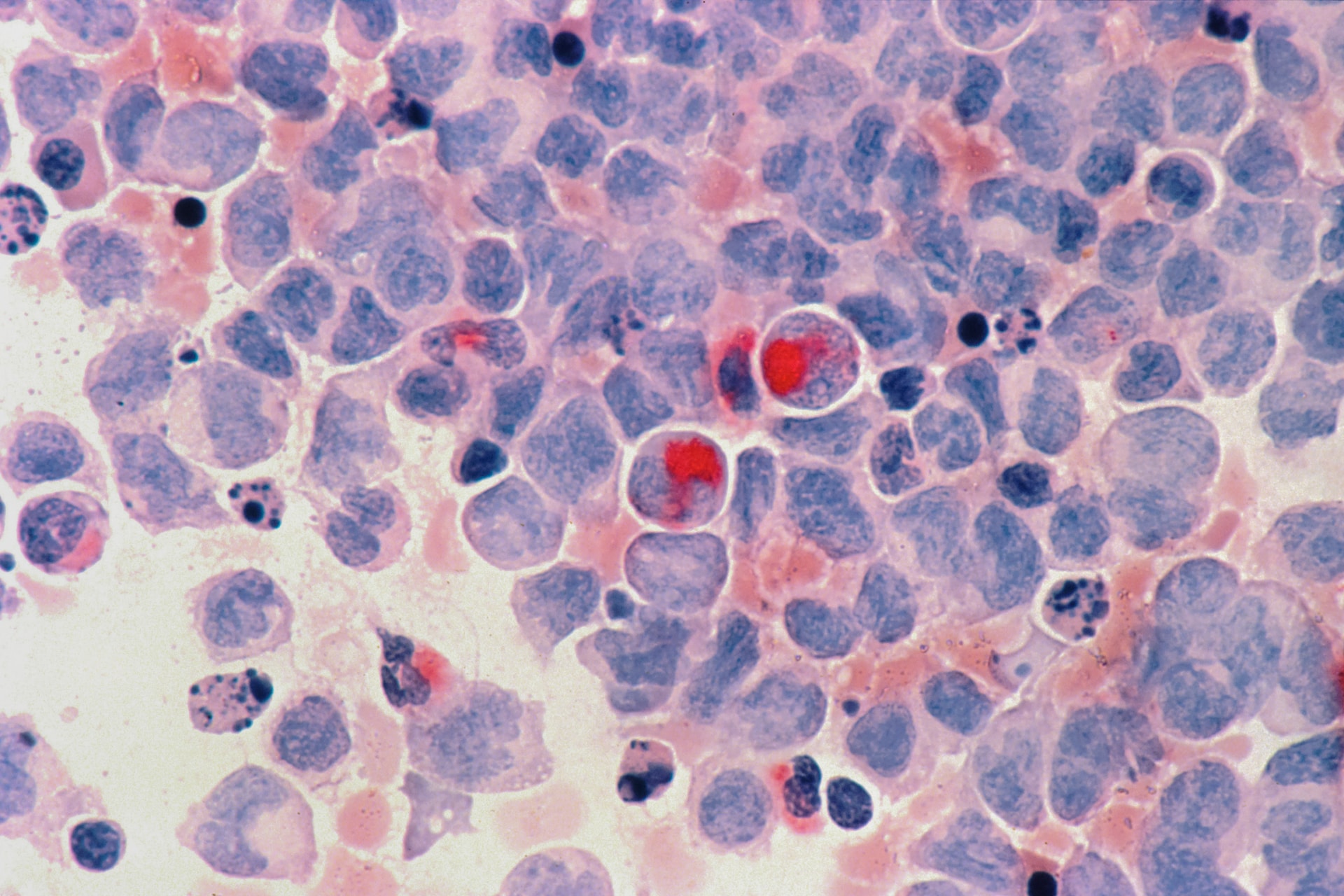Common Types of Chronic Diseases
1. Cardiovascular Diseases (CVD)
- CVD includes conditions like heart disease, stroke, and hypertension (high blood pressure). These diseases affect the heart and blood vessels and are often linked to factors like smoking, poor diet, and physical inactivity.
2. Diabetes
- Diabetes, characterized by elevated blood sugar levels, comes in two main forms: type 1 and type 2. Lifestyle factors, genetics, and obesity can contribute to its development.
3. Cancer
- Cancer involves the uncontrolled growth of abnormal cells and can affect various parts of the body. Risk factors include tobacco use, exposure to carcinogens, and family history.
4. Chronic Respiratory Diseases
- Conditions like chronic obstructive pulmonary disease (COPD) and asthma lead to difficulty in breathing. Smoking, environmental factors, and genetic predisposition play roles in these diseases.
5. Chronic Kidney Disease
- Kidney disease impairs the organ’s function, potentially leading to kidney failure. High blood pressure, diabetes, and certain medications can contribute to its development.
6. Neurological Diseases
- Neurological conditions like Alzheimer’s disease, Parkinson’s disease, and multiple sclerosis affect the nervous system. Their causes can be multifactorial, including genetics and environmental factors.
7. Arthritis
- Arthritis refers to joint inflammation and pain. Osteoarthritis, the most common form, typically results from age-related wear and tear on joints.
Prevention Strategies
1. Healthy Lifestyle
- Adopt a balanced diet rich in fruits, vegetables, whole grains, lean proteins, and healthy fats.
- Engage in regular physical activity, aiming for at least 150 minutes of moderate-intensity exercise per week.
- Quit smoking and avoid exposure to secondhand smoke.
2. Weight Management
- Maintain a healthy weight to reduce the risk of chronic diseases like diabetes and heart disease.
3. Regular Health Check-Ups
- Schedule regular check-ups with your healthcare provider to monitor your health and detect risk factors early.
4. Immunizations
- Stay up-to-date with vaccinations to prevent diseases like influenza and hepatitis.
Management Approaches
1. Medications
- Many chronic diseases can be managed with medications that control symptoms and slow disease progression.
2. Lifestyle Modifications
- Adopting a healthy lifestyle through diet, exercise, and stress management can improve the management of chronic diseases.
3. Disease-Specific Management
- Managing chronic diseases often requires specialized care, such as diabetes management, cancer treatment, or cardiac rehabilitation.
4. Supportive Care
- Seek support from healthcare professionals, support groups, and loved ones to help you cope with the challenges of living with a chronic disease.
Conclusion
Understanding chronic diseases is the first step toward prevention and effective management. While chronic diseases can be daunting, many risk factors are modifiable through lifestyle changes. By taking proactive steps to maintain a healthy lifestyle and seeking appropriate healthcare when needed, you can reduce your risk of chronic diseases and enhance your overall quality of life. Remember, your health is your most valuable asset, and investing in it is an investment in a brighter and healthier future.






